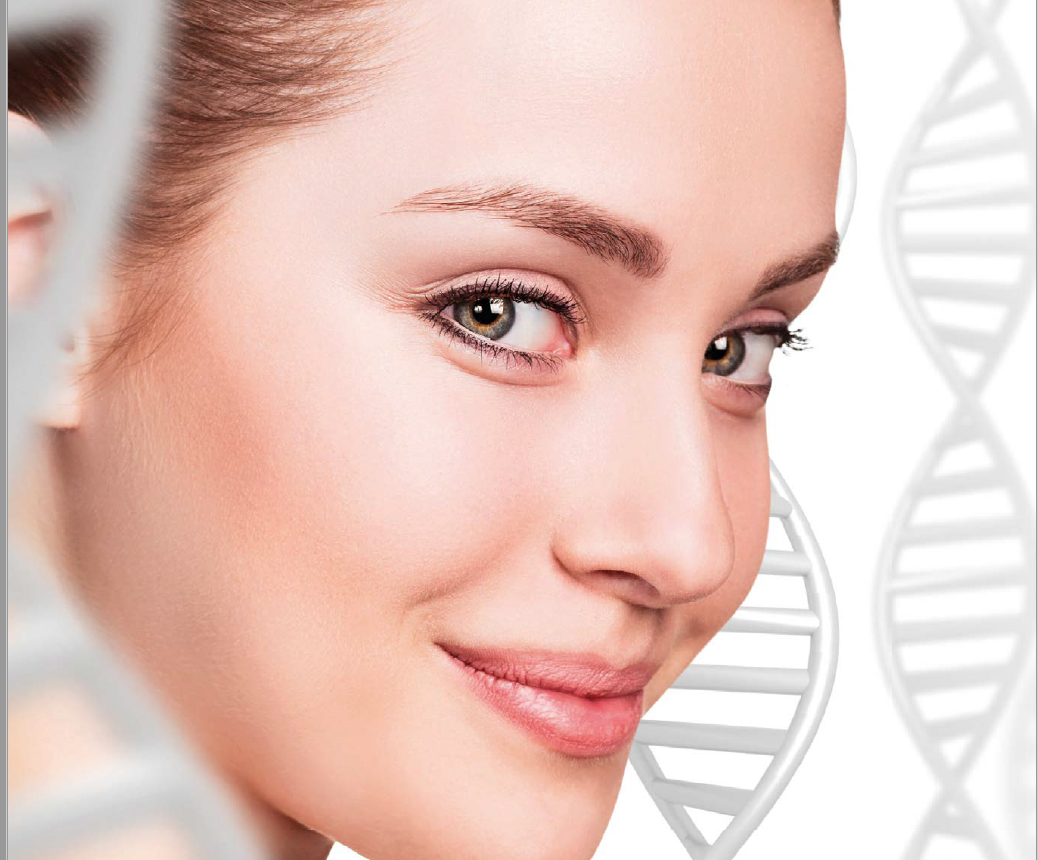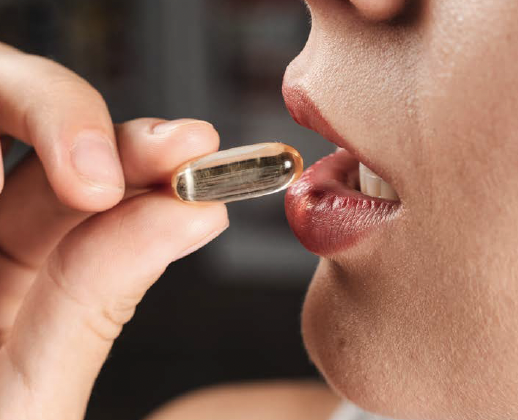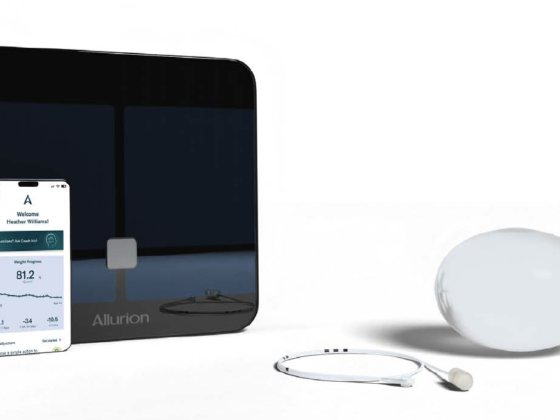By Dr Neal Kitchen
The science of epigenetics offers a new, more thoughtful approach to cellular health in the client’s beauty regimen which has a far greater impact on anti-aging efforts and long-lasting beauty.
 We are in a new age where customization and personalization can play a major role in how we take care of ourselves. From customized diets to DNA testing, our ability to understand our genetic make-up is impacting the choices we make, the products we use, and the personalized changes we can implement to maximize results. However, the ability to customize goes beyond the unique DNA sequence we inherited from our parents. The science of epigenetics, that is the study of changes in gene expression without changing the underlying DNA sequence, will play the biggest role in advancing technologies around personalized care as it will allow us to focus on the health of our cells. The science of cellular health is becoming one of the most powerful tools in creating what professionals want to achieve in a combined beauty-and-health industry.
We are in a new age where customization and personalization can play a major role in how we take care of ourselves. From customized diets to DNA testing, our ability to understand our genetic make-up is impacting the choices we make, the products we use, and the personalized changes we can implement to maximize results. However, the ability to customize goes beyond the unique DNA sequence we inherited from our parents. The science of epigenetics, that is the study of changes in gene expression without changing the underlying DNA sequence, will play the biggest role in advancing technologies around personalized care as it will allow us to focus on the health of our cells. The science of cellular health is becoming one of the most powerful tools in creating what professionals want to achieve in a combined beauty-and-health industry.
How does cellular health impact beauty?
The skin care industry coined the phrase «anti-aging» in an attempt to slow down any changes from the perceived perfections of youth. Professionals frequently associate anti-aging with combatting fine lines and wrinkles; sagging, dull, and lackluster skin; age spots; and any other term associated with undesirable aging effects to the outward appearance. These outward signs of aging are actually the ramifications of underlying changes happening in the skin. The aging process takes place at the cellular level, where changes due to negative stimuli can lead to disruptions or alterations to our optimal cellular state. Compromised cellular health is the true source of aging skin. Consequently, a more thoughtful approach to cellular health in the client’s beauty regimen will have a far greater impact on anti-aging efforts and long-lasting beauty. Epigenetics presents a new opportunity to pursue cellular health because it helps us understand how gene expression occurs. Within our cells, different combinations of genes are turned on or off through a variety of factors. While many gene expression combinations are inherited, these combinations can also be influenced or altered by environmental factors.
I am particularly excited for the impact epigenetics will have on skin care. Scientists are now using the principles behind epigenetics to create ground- breaking skincare formulas that impact cellular health and help change gene expression patterns over time, so skin looks and acts younger from the inside out. With an innovative approach of reversing the “aged” epigenetic state of the cell and improving cellular health, we can create solutions that benefit the health of the skin long-term.
Dr Neal Kitchen
 Neal Kitchen, Ph.D., serves as Chief Operating Officer & Chief Geneticist for HydroPeptide, LLC. He earned his doctorate at the University of Illinois and has a research background in epigenetic regulation, cellular signaling responses, and aging mechanisms at molecular level. He leads the company’s efforts to accelerate the development of clinically-proven anti-aging skincare products and the advancement of epigenetic technologies in skin care formulations.
Neal Kitchen, Ph.D., serves as Chief Operating Officer & Chief Geneticist for HydroPeptide, LLC. He earned his doctorate at the University of Illinois and has a research background in epigenetic regulation, cellular signaling responses, and aging mechanisms at molecular level. He leads the company’s efforts to accelerate the development of clinically-proven anti-aging skincare products and the advancement of epigenetic technologies in skin care formulations.












